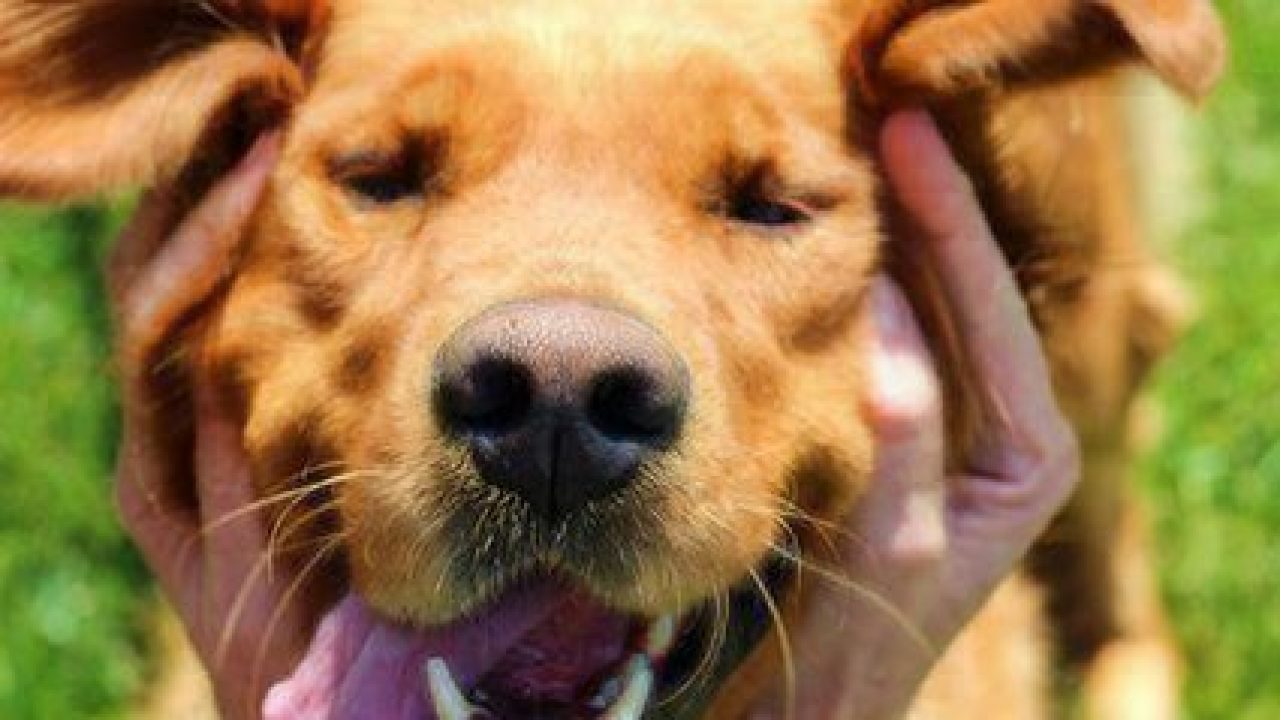Puppies are absolutely adorable, with their big ears and playful personalities. But just like humans, puppies experience the same life events, including losing their baby teeth. This is a normal process of their growth and development, but it can be concerning for some pet owners. Have you ever noticed your pup’s breath smell when they lose their teeth? We’ll delve into this topic to discuss the cause and any potential treatments to help keep your pup’s breath smelling sweet. This blog post will cover why puppies lose their teeth, and if there is anything you can do to help prevent a bad odor from developing. We’ll also discuss when you should be worried, and when to seek the advice of a veterinarian. Read on to learn more about puppy breath, and how to ensure your pup has fresh breath for all their puppy adventures!
Why I’m Not a Big Fan of Puppy Breath
Whether or not normal puppy breath is pleasant is controversial. Humans have a genetic predisposition to how their noses interpret the specific smells like puppy breath.
I, for one, don’t particularly care for it. When cute little dogs try to lick my face, my nose picks up a strong, sweet-sour, skunk smell that is not at all pleasant.
Many other people experience a sweet, pleasant odor and are sad when the puppy grows out of the puppy breath stage.
In fact, if you do a search for “puppy breath” online, you’ll find lots of unscientific opinions that say puppy breath exists to make people fall in love with puppies and not abuse them. If only that were true.
The scientific explanation is also a bit unscientific.
Even though we still don’t fully understand what causes puppy breath, the majority of veterinary dentists and specialists come to the following conclusions:
Get rates for your pet:See My Rates »

You adore your dog, but you don’t adore the way his breath stinks so much. Dogs’ foul breath is so well-known that it’s considered an insult; you might tell a bad date, “Get lost, dog breath!” Fortunately for pet parents, it’s relatively simple to treat. However, you must first identify the underlying issue.
What’s causing your dog’s bad breath?
Poor dental hygiene is the leading cause of halitosis, or canine bad breath. There are many reasons pet parents fail to brush their dog’s teeth – we’re not judging! – including time, aggression, ignorance, or their dog simply won’t allow it. We’ll admit that cleaning a dog’s teeth requires some expertise, skill, and perseverance, but the benefits can be enormous.
Over three years old, periodontal disease—a fancy word for gingivitis, another fancy word for inflammatory gum disease—affects about 80% of pets. Plaque builds up on your dog’s teeth and your own teeth when you don’t brush them, attracting bacteria that produce odors. Depending on the size, age, and extent of periodontal disease in your dog, an advanced dental cleaning can cost anywhere between $300 and $900. Dogs who have other oral conditions, tumors, or abscessed teeth may also have bad breath. Run, don’t walk, your dog to the vet if the smell is so offensive that it literally makes you gag!
FAQ
Do puppies teeth smell when they fall out?
Teething By far, teething is the most frequent cause of unpleasant, bad, or unusual puppy breath. This is more obvious in some puppies than others. The pup’s breath quality changes as it approaches weaning and enters the true teething stage.
Why is my puppy’s breath so stinky?
Having poor oral hygiene and periodontal disease are the two most typical causes of bad breath in dogs. The development of the bacteria that cause bad breath can result from the accumulation of plaque and tartar, just like in humans.
Why does my 5 month old puppy have bad breath?
Bacteria may gather at the gumline and cause bad breath as your dog’s baby teeth are being replaced by developing adult teeth. Regular tooth brushing helps your puppy get used to dental care and can help with bad teething breath.
Why does my 7 month old puppy have bad breath?
As new teeth erupt, teething puppies often develop foul-smelling bacteria along their gum lines. Again, this problem is easily cured and fairly temporary. Burps, which are typically brought on by gastrointestinal problems, are yet another cause of bad breath in dogs.